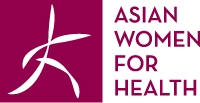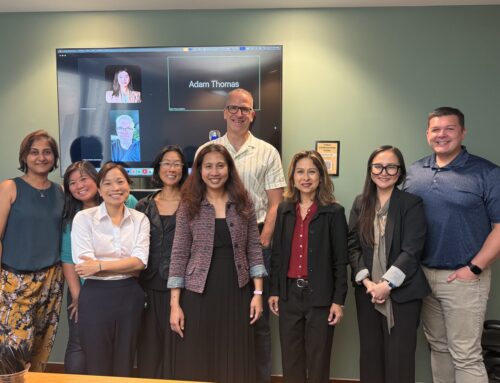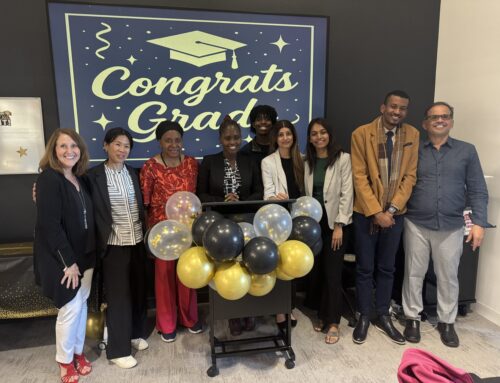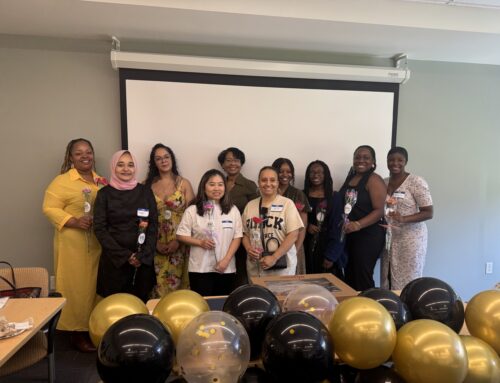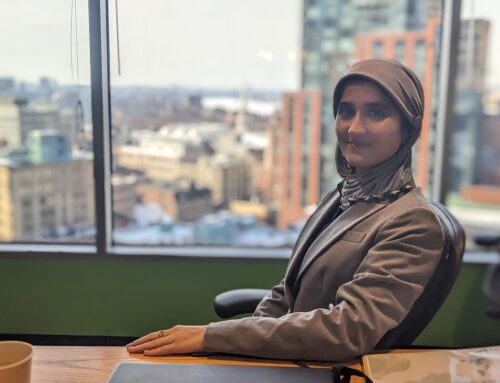Dear Friends,
This month marks six months since I stepped into the role of Executive Director at Asian Women for Health. Much of this time has been spent re-establishing and strengthening relationships – with partners, funders, community leaders, and community members alike.
In these conversations, we have spoken honestly about the challenges our communities face in the current landscape, but also about our collective hope for the future. Again and again, our discussions return to what community and service mean – not only in principle, but in practice, and most importantly, to each other. In these moments, I am grounded in AWFH’s purpose: to bridge, to uplift, to create spaces where healing and connection are possible, and where innovation can take root.
Yet, one truth continues to emerge with urgency: the mental health of our Asian American, Native Hawaiian, and Pacific Islander (AANHPI) communities – especially our youth – cannot wait.
Despite disproportionately high rates of depression, anxiety, and suicidal ideation, AANHPI young people remain the least likely of any racial or ethnic group to seek or receive mental health care. Suicide is now the leading cause of death for Asian Americans ages 15 to 24. Even more sobering, nearly one in three of AANHPI youth have seriously considered or attempted suicide.
For LGBTQIA2S+ AANHPI youth, the risks are even higher. More than half screen positive for moderate depression, and as many as 40% have seriously considered suicide in the past year. For those whose identities intersect with other marginalized experiences – whether growing up in immigrant households, living with disabilities, or facing economic hardship – the isolation can be even deeper. Like the larger community, AANHPI youth are not a monolith; they include recent immigrants, multiracial youth, adoptees, and fifth-generation Americans, each navigating unique pressures and cultural contexts. And yet, across these differences, stigma, silence, and a lack of affirming resources too often leave young people feeling invisible and alone.
This is also deeply personal for me. When I was 18, I lost one of my best friends to suicide. He was AAPI, he was young, he was queer. His absence has shaped me in ways I am still uncovering. Grief, I’ve come to understand, is not something you “get over” – it’s something you carry, something that becomes part of you. And while there’s nothing that I can do to bring him back, what we can change, though, is the silence, the stigma, and the systems that fail to meet our communities where they are. My friend’s memory reminds me why this work matters so deeply: behind every statistic is someone’s child, someone’s friend, someone’s future that should have been.
At AWFH, we are determined to change this reality. With the support of the Boston Public Health Commission, we are proud to formally launch the Asian Women for Health Youth Mental Health Initiative (AYMHI).
AYMHI is built on the belief that transformation will not come from generic or top-down solutions, but from within our communities themselves. Those who are closest to the lived experience must lead the way. That is why AYMHI centers youth not as passive participants, but as active co-creators of change. Together, they will shape solutions that reflect their full realities.
This initiative is intentionally intersectional. It seeks to meet AANHPI youth in all their complexity – across cultures, languages, generations, and identities. By creating spaces that are culturally affirming, peer-driven, and identity-safe, AYMHI offers young people – including those with intersecting LGBTQIA2S+ identities – the chance to connect, to heal, and to thrive. This year, we are committed to training more peer leaders – equipping them to partner with their communities, cultivate safe and affirming spaces, and lead the charge in shaping the future of AANHPI youth mental health in Boston.
As I reflect on this work, I remain a firm believer that those closest to the lived experience must be the ones shaping solutions. Innovation rooted in equity and transformation will come from our own communities – youth, families, and peers building care in ways that reflect our cultures, our realities, and our strengths. That conviction is at the heart of all we do at AWFH.
As we observe Suicide Prevention Awareness Month this September, I invite you to join me in committing to breaking the silence together. By naming the challenges, supporting community-driven solutions, and creating space for young people to lead, we can reimagine a future where our lived and living experiences – struggles and triumphs – are embraced as a source of strength, never shame.
With Gratitude,

Colleen M. Nguyen, MPH DrPHc,
Executive Director,
Asian Women for Health
CNguyen@AsianWomenforHealth.org
